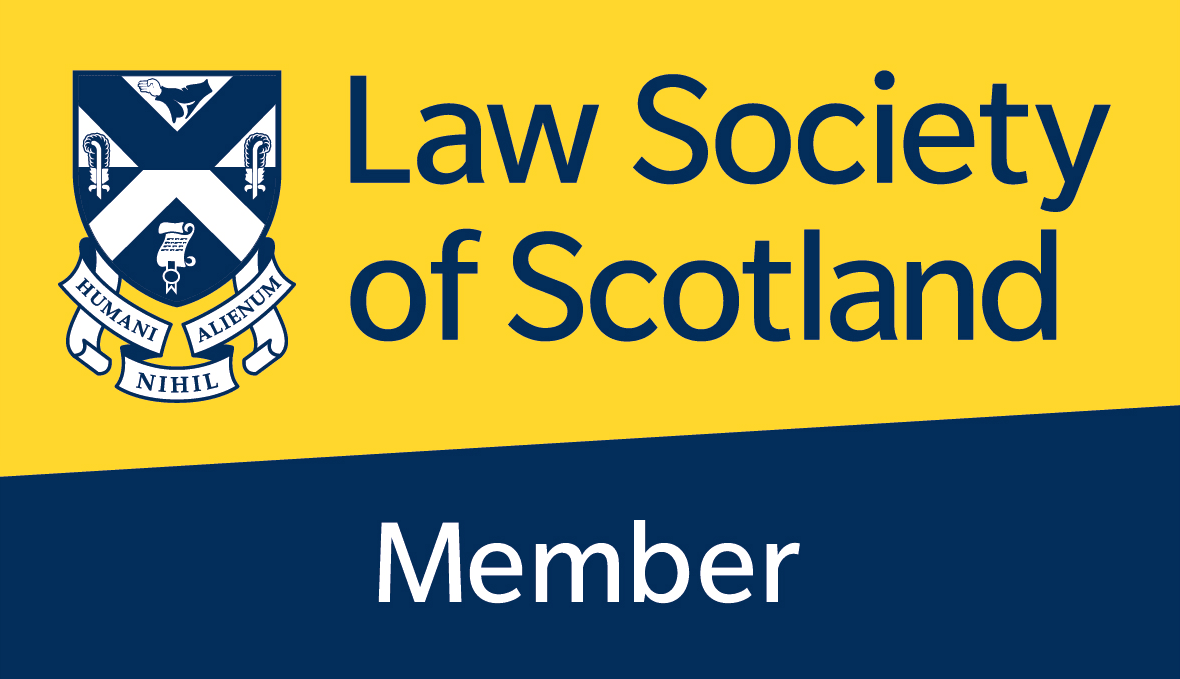Sheriff Principal James Taylor has recently published his much anticipated report on the system of expenses and funding of civil litigation in Scotland. The report contains a number of recommendations for far-reaching changes to the current system, some of which relate directly to the personal injury claims process.
Background
The need for a review of expenses and funding of civil litigation in Scotland was initially highlighted by the then Lord Justice Clerk, the Rt. Hon. Lord Gill, in his report of the Scottish Civil Courts Review. The recommendation was taken up in March 2011 when Sheriff Principal Taylor, a member of the Board of the Scottish Civil Courts Review, was asked to conduct the review by the then Minister for Community Safety, Fergus Ewing MSP.
The Review was extensive, and included 57 meetings, a fact finding visit and a public consultation exercise. It has resulted in a report described by the Scottish Government as “thorough and meticulous,” which puts forward a number of radical and substantial changes to the current system, and sets out 85 recommendations to put these into practice.
Improving access to justice
In a statement launching the report, Sheriff Principal Taylor commented that the key issue for him in conducting the review was how to improve access to justice in a meaningful way. He acknowledged that for many people meaningful means affordable, but explained that for him, access to justice was a wider concept than just affordability.
“It embraces the ability for any legal persona, be they individuals or commercial enterprises, to have access to the courts in order to attempt to vindicate their legal rights,” he said. “Obstacles to access to justice can extend beyond the issue of affordability. Recoverability and predictability of expenses can be just as important.”
To address the issue of affordability, Sheriff Principal Taylor has recommended that solicitors be allowed to offer their clients “no win – no fee” agreements in terms of which their fee is calculated as a percentage of the damages recovered. A sliding scale would be put in place to determine the maximum percentage that solicitors could deduct from damages in personal injury cases. Under this scale, the percentage would reduce as the award increases.
On the subject of expenses, the report has recommended that a pursuer in a personal injury action should no longer run the risk of having to pay the defender’s expenses should the court action fail, except in very limited circumstances.
According to Sheriff Principal Taylor, this will remove the fear of individual pursuers having to pay a lot of money to the defender’s solicitors should they lose. This fear can currently prevent victims from pursuing fully justified claims.
Report welcomed by APIL
The report has been welcomed by the Association of Personal Injury Lawyers (APIL) in Scotland, which has described it as blazing a trail for fair play in the courts for injured people.
In particular, APIL has welcomed Sheriff Principal Taylor’s recognition of the difficulties injured people can face in bringing a claim for compensation.
The report highlights that “in personal injury litigation the relationship of pursuer to defender is generally an asymmetric one. Defenders, generally insurers, public bodies and/or employers, are often “repeat players” and invariably have legal representation. They are ready and able to invest significant resources in defending the litigation…This places pursuers of modest means at a clear disadvantage.”
APIL spokesperson Gordon Dalyell noted that, “By suggesting that, in many respects, the cases brought by injured people should be treated differently from other types of case, the report will help to dispel many of the myths which bedevil the process of claiming compensation for injuries.”
Some proposals mirror changes in England
The Law Society of Scotland has also commented on the publication of the report, and welcomed the recognition it gives to the unique civil court structure in Scotland and the fact that its proposals will complement Scotland’s legal system.
Kim Leslie, convener of the Law Society of Scotland’s Civil Justice Committee, noted that some of the recommendations mirror changes recently implemented in England, and said the Committee would be actively investigating whether these changes have led to significant improvements south of the border, and what lessons Scotland can learn from England’s experiences.
Contact our Injury Solicitors in Scotland
For specialist advice on how to bring a personal injury claim in Scotland, contact us today: click here to make an online enquiry or call us on 0800 027 1480

![mass[1] mass[1]](https://www.lawfordclaims.com/wp-content/uploads/elementor/thumbs/mass1-qxo43kbvxet7ottt5swg3jwwyhvrex4o7ahww01r7k.png)


